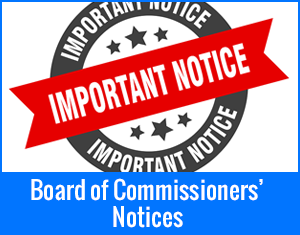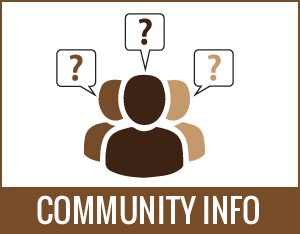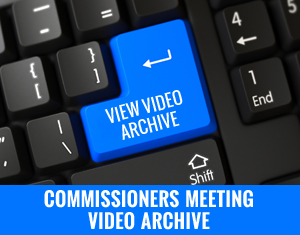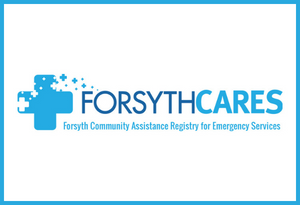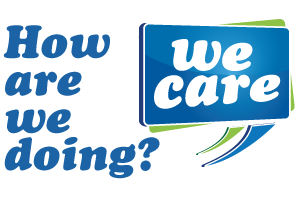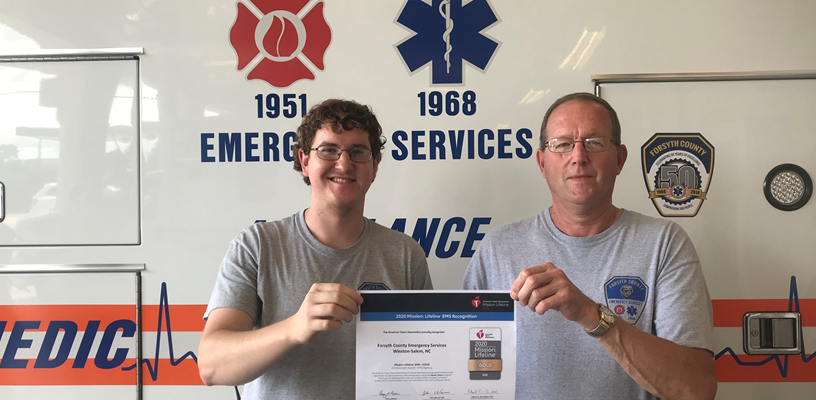
- By Carr Boyd
- Posted Tuesday, August 4, 2020
Forsyth County EMS receives AHA’s Mission Lifeline EMS Gold Recognition Award
Forsyth County Department of Emergency Services receives American Heart Association’s Mission Lifeline EMS Gold Recognition Award
Every year, more than 250,000 people experience an ST elevation myocardial infarction (STEMI) heart attack. This is the deadliest type of heart attack, which is caused by a blockage of blood flow to the heart that requires timely treatment. To prevent death, it’s critical to restore blood flow to the heart as quickly as possible, either by mechanically opening the blocked vessel or by providing clot-busting medication.
The Mission Lifeline initiative provides tools, training and other resources to support heart attack care following protocols from the most recent evidence-based treatment guidelines. Mission Lifeline’s EMS program recognizes emergency medical service systems for their efforts in improving systems of care to rapidly identify suspected heart attack patients and promptly notify the medical center to trigger an early response from the awaiting hospital personnel.
“FCEMS is dedicated to providing optimal care for heart attack patients,” said Dr. Nelson, Agency Medical Director. “We are pleased to be recognized for our dedication and achievements in emergency medical care efforts through Mission Lifeline.”
“EMTs and paramedics play a vital part in the system of care for those who have heart attacks,” said Tim Henry, M.D., Chair of the Mission Lifeline Acute Coronary Syndrome Subcommittee. “Since they often are the first medical point of contact, they can save precious minutes of treatment time by activating the emergency response system that alerts hospitals to an incoming heart attack patient. We applaud Forsyth County EMS for achieving this award in following evidence-based guidelines in the treatment of people who have severe heart attacks.”
About Mission Lifeline
The American Heart Association’s Mission Lifeline® program helps hospitals and emergency medical services develop systems of care that follow proven standards and procedures for acute coronary syndrome patients. The program works by mobilizing teams across the continuum of care to implement American Heart Association/American College of Cardiology clinical treatment guidelines. For more information, visit heart.org.





